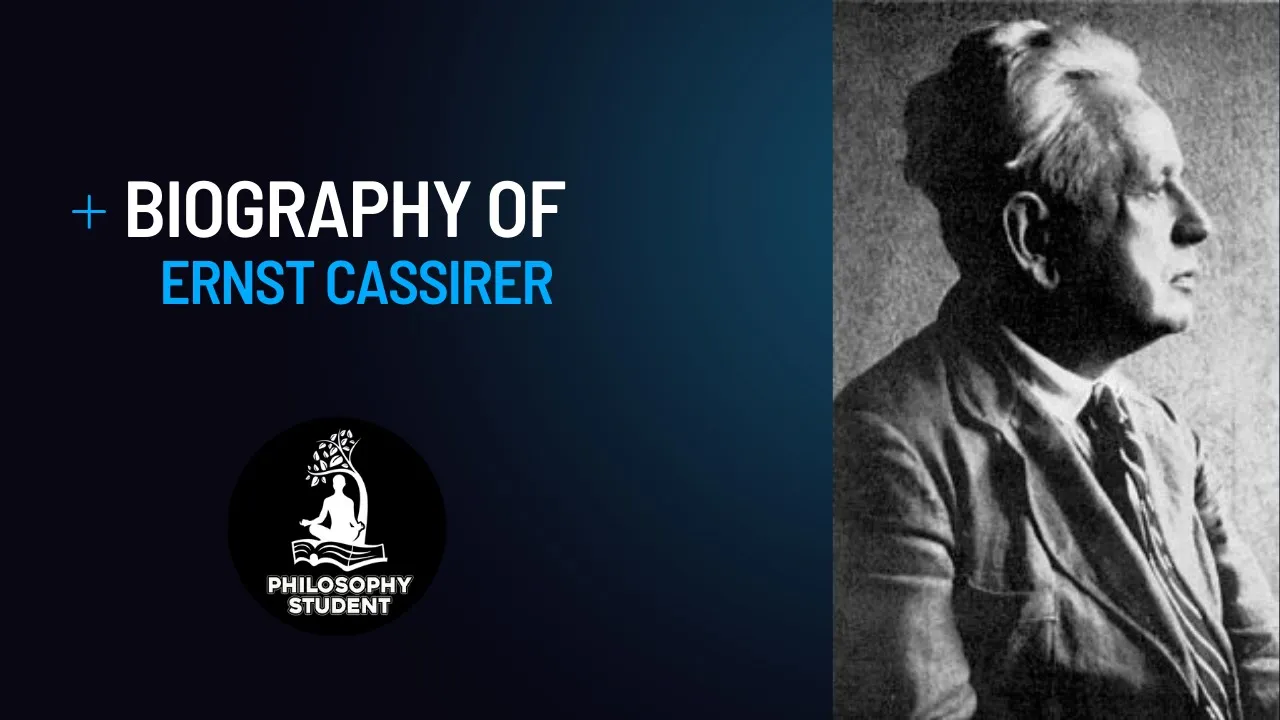Ernst Cassirer began as a philosophical idealist in the tradition of Kant and aimed to create an idealistic philosophy of science. As his thought evolved, however, his philosophy came to embrace the epistemology of both mathematics and natural the sciences in addition to aesthetics, history, and culture. In its way, this project was still rooted in Kant, who sought to build bridges between mathematics and science on the one hand and humanistic study on the other. In terms of twentieth century, Cassirer looked for ways to bridge the so-called analytic approaches to philosophy (popular in American and British university philosophy departments) and the “continental” approaches (which held sway in European institutions). The analytic approach relies on logical analysis, making use of mathematical logic and
symbolic logic, whereas the continental approach is more subjective, emphasizing idealism and hermeneutics (interpretation). A New York Times article by Gary Gutting (February 19, 2012) cited a famous—or infamous—“debate between Jacques Derrida (continental) and John Searle (analytic),” which “ended with Searle denouncing Derrida’s ‘obscurantism’ and Derrida mocking Searle’s ‘superficiality.’” Cassirer endeavored to drink from both wells.
Ernst Cassirer was born in Breslau, Silesia (today, Poland), on July 28, 1874, the son of a Jewish family. He studied literature and philosophy at the University of Marburg, earning a doctorate in philosophy with a dissertation on René Descartes’s attempt to analytically reconcile mathematical and natural scientific knowledge. A similar project would absorb Cassirer’s mature career. He went on for further work at the University of Berlin, completing his habilitation (a university teaching qualification) on The Problem of Knowledge in Philosophy and Knowledge in the Modern Age, another step toward his enduring philosophical concerns.
Cassirer taught at the Friedrich Wilhelm University in Berlin and subsequently chaired the philosophy department at the University of Hamburg. Like so many other Jewish intellectuals, he left Germany in 1933, with the elevation of Adolf Hitler to the chancellorship. He found an academic home at Oxford, then moved to Gothenburg University in Sweden before he decided that Europe was simply too dangerous everywhere. He secured a position at Yale University and then moved to Columbia University, where he was a lecturer from 1943 until a fatal heart attack on April 13, 1945.
From early in his career, Cassirer wrote on the history of science, emphasizing the intellectual and cultural effects of the scientific revolution of the early modern period. His Substance and Function (1910) explores the impact of physics, including relativity theory, on philosophy and culture. In 1921, Cassirer argued in Einstein’s Theory of Relativity that contemporary physics supports a neo-Kantian conception of knowledge
Philosophy of Symbolic Forms (1923-1929) is Cassirer’s most widely read book and argues that human beings are “symbolic animals, creating a universe through symbolic meanings.” His next major work, Philosophy of the Enlightenment (1932), argues for the liberating power of self-realization, which is born of ideas irrespective of their social context. Ten years later, in The Logic of the Cultural Sciences (1942), Cassirer argues against logical positivism by asserting that objective, universal validity is possible in all spheres of thought, not just science and mathematics.




































